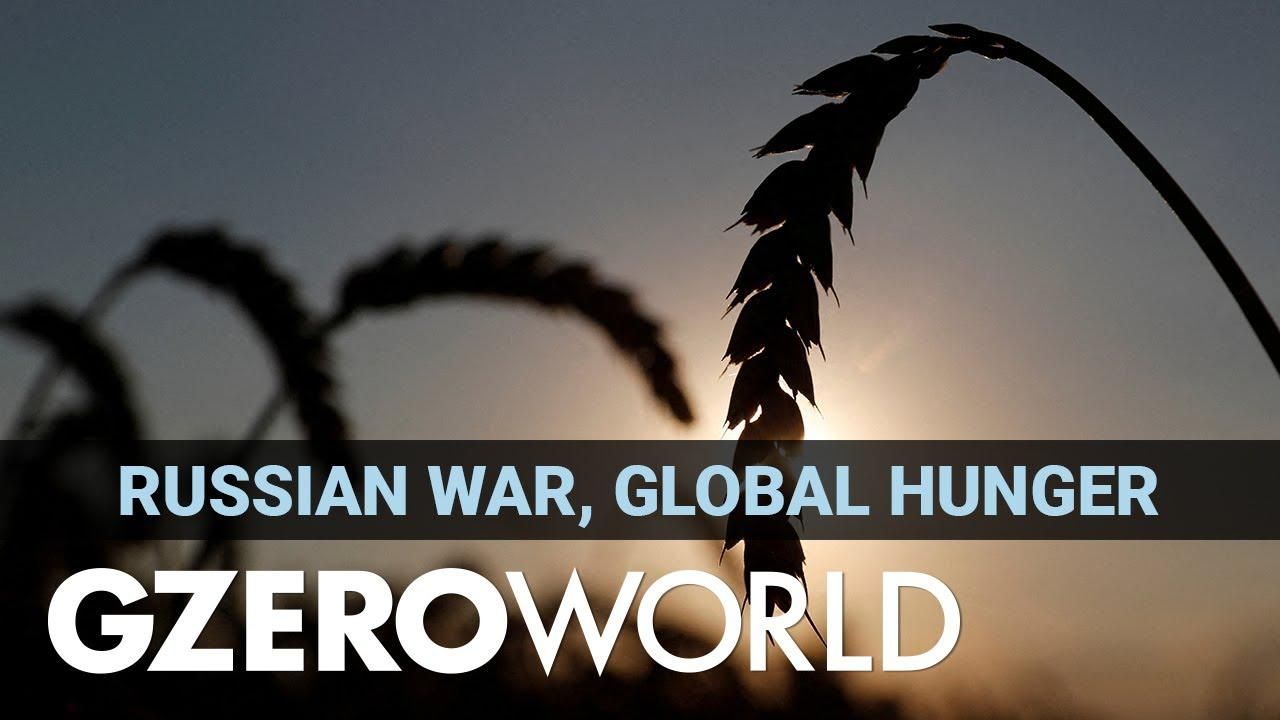
Russia and Ukraine are agricultural powerhouses. But the war and sanctions have crippled their ability to feed the world.
Who's most at risk? Developing countries that rely on those imports. What will the impact be? The disruptions could double the number of people currently suffering from acute food insecurity (some 275 million) due to the pandemic.
On GZERO World, Ian Bremmer speaks to Ertharin Cousin, who knows a thing or two about food security as the former executive director of the UN World Food Programme
Cousin says the war has created a perfect storm that'll led to a global food price and supply crisis. Everyone will be affected because we're talking about global commodities, and the worst might be yet to come since agriculture is a seasonal business.The conflict, she says, has put the international community in a tough spot. Sanctions will cause hunger, but otherwise, Russia will continue to profit from selling food to the world.
And there's a growing divide between the West and non-aligned developing countries that can't afford to not import Russian food. Conflict-affected nations are the most vulnerable, but many low-income nations will also struggle because they can't afford subsidies to feed their people.
As a bonus, battle over borscht! What’s the back story, and why is the soup such an important part of Ukraine’s national identity? We spoke with a chef, a historian, and a Ukrainian emigré couple to learn more.